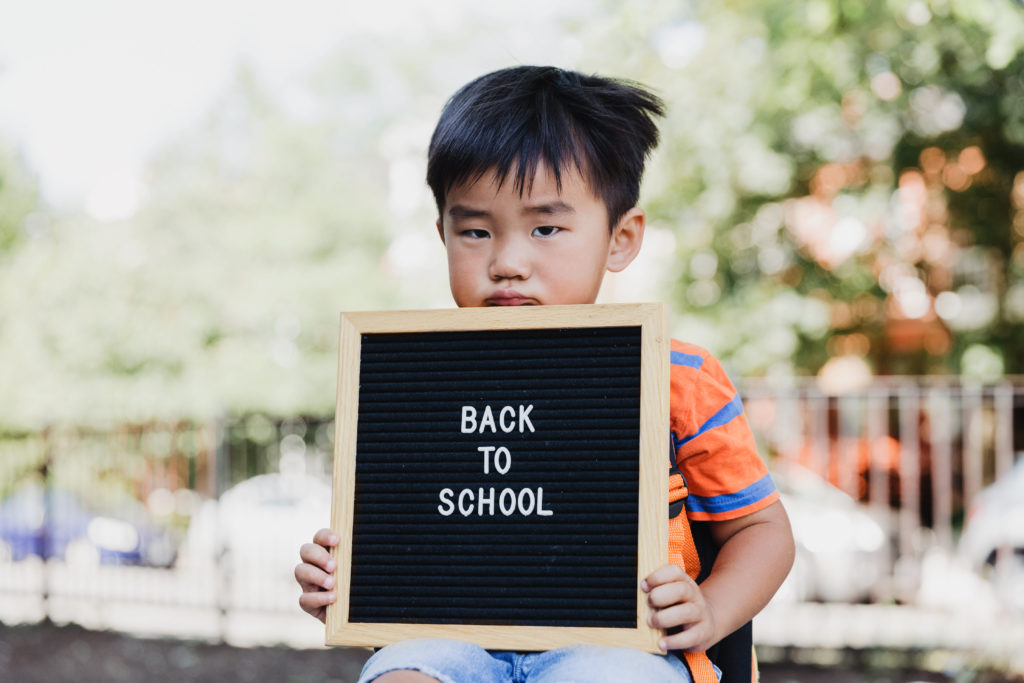Education is a cornerstone of society, shaping individuals’ intellectual, social, and emotional growth. But how often do we truly consider education from the perspective of those at its heart – the children? By looking through their eyes, we gain insights into how education impacts their lives, shaping their futures and the world they inhabit.
From the moment they take their first steps into the classroom, children are natural explorers. Their innate curiosity is the foundation upon which education builds. The classroom environment should encourage this curiosity, providing ample opportunities for hands-on experiences and interactive learning. Educational materials like science kits, art supplies, and interactive learning software can fuel their imagination and empower them to ask questions, fostering a love for learning that lasts a lifetime.
Every child is unique, with their own strengths, interests, and challenges. An effective educational approach acknowledges and nurtures this individuality. Personalized learning tools, such as adaptive online platforms and one-on-one mentoring, can allow children to progress at their own pace and delve deeper into subjects that captivate them. This not only enhances their academic growth but also boosts their self-esteem as they recognize their intrinsic value.
Education isn’t just about memorizing facts; it’s about cultivating critical thinking skills that empower children to analyze, question, and solve problems. Incorporating activities that encourage debates, discussions, and open-ended projects can help children develop these skills. Tools like puzzles, logic games, and thought-provoking reading materials can provide the necessary stimuli to ignite their analytical minds.
Education extends beyond academics, playing a pivotal role in shaping a child’s social skills and emotional intelligence. The classroom acts as a microcosm of society, teaching children cooperation, empathy, and effective communication. Group projects, drama activities, and team sports are invaluable in developing these skills. Educational materials that promote diversity and inclusivity can instill understanding and respect for different cultures, backgrounds, and perspectives.
Education should stretch beyond the classroom walls, encouraging children to explore the world around them. Field trips, virtual reality experiences, and online educational resources can spark their interest in various subjects. By engaging with the real world, children can see the practical applications of what they learn, making education more relevant and exciting.
Life is full of challenges and setbacks, and education equips children with the resilience needed to navigate these hurdles. Experiencing failure and learning to persevere are vital life lessons. Materials that showcase stories of individuals who overcame adversity can inspire children to develop grit and determination. Creative outlets like journaling or art can also serve as mediums for them to express their feelings and cope with challenges.
Modern education should aim to transition children from passive consumers of information to active creators of knowledge. Encouraging them to undertake projects where they apply what they’ve learned to create something tangible – be it a story, an invention, or a presentation – can instill a sense of accomplishment and ownership over their learning journey. Technology tools like coding platforms, video editing software, and blogging platforms empower them to share their ideas with the world.
In the midst of discussions about academic achievements, we must not overlook the sheer joy that learning can bring to children. Education should kindle their innate enthusiasm and wonder. Incorporating elements of play into learning through educational games, storytelling, and imaginative exercises can help retain their natural zest for exploration.
Ultimately, education through the eyes of children should aim to create lifelong learners who approach each day with curiosity and a thirst for knowledge. By fostering a positive relationship with education, we equip children with the tools they need not only to succeed academically but also to adapt, innovate, and contribute meaningfully to society. In conclusion, exploring education through the eyes of children unveils a multifaceted perspective that transcends traditional academic achievement. Education is not a one-size-fits-all endeavor; rather, it’s a dynamic and personalized journey that shapes the way children perceive the world and their place within it. By tailoring educational materials and approaches to address the needs of individual learners, we pave the way for a brighter and more enlightened future.



